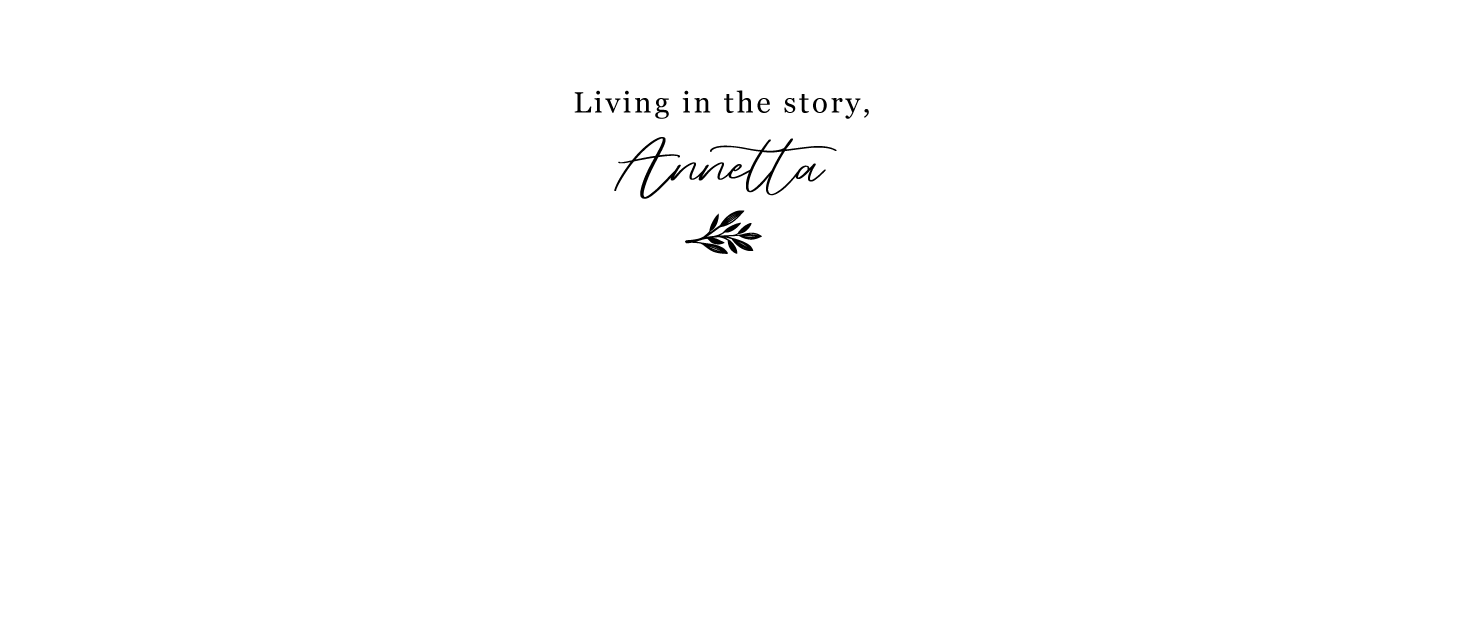It is a season of waiting. Desperation and even hunger can be a motivator to seek Him. To earnestly dig in His word and use resources to reveal insight into what lies beneath the surface of our English renderings of God’s Word. And so the following passage beaconed me one day with its echoes of the season I was in.

25 The Lord is good to those who wait for him, to the soul who seeks him. 26 It is good that one should wait quietly for the salvation of the Lord.
Lamentation 3:25-26 (ESV) (Italics added)
An unlikely pair: “good” and “wait”. Who wants to wait? Who wants to hear that waiting is a good thing? What if the waiting is years rather than hours? What if the waiting is hard? What if the anxiety lurks just as much from the thought of waiting as in the “what” or “what if” of what we are waiting for? Isaiah 35:4 says “Say to those who have an anxious heart, “Be strong, fear not! Behold, your God will come….” The Hebrew word for anxious in this verse is mahar, which means to hasten, or quickly. Anxiety heightens that sense of urgency, of flight, doesn’t it? At the same time, how I want God to hasten! How I want the relief of no longer waiting in the unknown! Oh, to be done with trying to not be fearful and of trying to muster up faith and worship and trust. Of trying to get out of the repetitive anxious thoughts. Oh, how I long for God to come, to see His power displayed in victory and answered prayer!
And then we have Lamentations 3. If you take a look, you will notice well-worn phrases: His steadfast love, His great faithfulness, and His never-ending mercies. And then the verses above that remind us of His goodness. Yahweh is GOOD. He is, as we find in Hebrew, towb. That is, He is beautiful, best, better. Look at verse 25 and you will see a promise about our beautiful God that follows the very familiar comfort of His faithfulness. He is good TO those who WAIT. And not just any kind of waiting. What is interesting and comforting is the particular word used for wait. It acknowledges how desperately hard it is. It acknowledges the growing tension that grows while waiting. The Hebrew word used here is qavah, which can be defined as twist and stretch and it suggests the tension of enduring. For me, that sums up exactly what waiting can be like. It is like I am being stretched and twisted and with a tension that is building up as day after day demonstrates no visible change! And somehow, He is GOOD to us in that place.
The Lord is also good “to the soul who seeks Him”. Do you find your waiting produces seeking? It has for me. Seeking faith, hope, understanding. Seeking answers to questions. Seeking HIM. What does it mean that He is good? What does He say about waiting? How do I experience His promises? His love and mercy? What does it look like in a place of waiting to walk with Him every day? To be at rest? Again, the Hebrew reveals. It reveals layers behind a simple word. Take the word seek. The Hebrew here is darash. This word can mean rub, tread, read repeatedly, study, beat a path, search out the meaning. It seems that is exactly what I have been doing! I feel like I need to seek out and read and study the same passage. Now maybe that is because the anxiety creates confusion and a lack of clear thinking. Maybe this repetition straightens the twisted tangle of my thoughts. But this NEED that comes out of the anxiety is being used to seek Him! I can take comfort in this.
The writer of Lamentations continues to say that not only is God good to the one waiting but that waiting itself is good, that waiting for God’s action is a good thing. However, here the Hebrew word for wait is different! It is the word chuwl. This word means to bear, or bring forth, dance, drive away. While qavah describes the tension of waiting, chuwl implies that there is a bringing forth in the waiting. Like there is something being accomplished in the waiting! What is accomplished? What are we to bring forth? Driveaway? Worship that drives away fear. It’s what we’re promised. The entire verse is worship which acknowledges who God is and what God does.
We are urged by the writer to wait, to bring forth, to bear quietly. The Hebrew word for quiet is duman, which comes from daman. This means to cease, and by implication, it means to be astonished. It suggests that this is a waiting that is a pause, a ceasing, that carries amazement at His promises, even at what God is already doing. And dare I say, what He is doing though I can’t see it.
Finally, this verse for the anxious heart says we are waiting for “the salvation of the LORD.” We wait for and silently bear astonishment for His teshuah. His deliverance from personal trouble, help, safety, victory. We can rest in His purposes and His timing for His deliverance. In the tension of waiting and seeking Him, we will bring forth. In our ceasing, the waiting will bear fruit. For our victory will come from Him alone. Praise you, Jesus!
25 The Lord is good to those who wait hopefully and expectantly for Him, to those who seek Him [inquire of and for Him and require Him by right of necessity and on the authority of God’s word].
26 It is good that one should hope in and wait quietly for the salvation (the safety and ease) of the Lord.
Lamentations 3: 25-26 (AMP)

